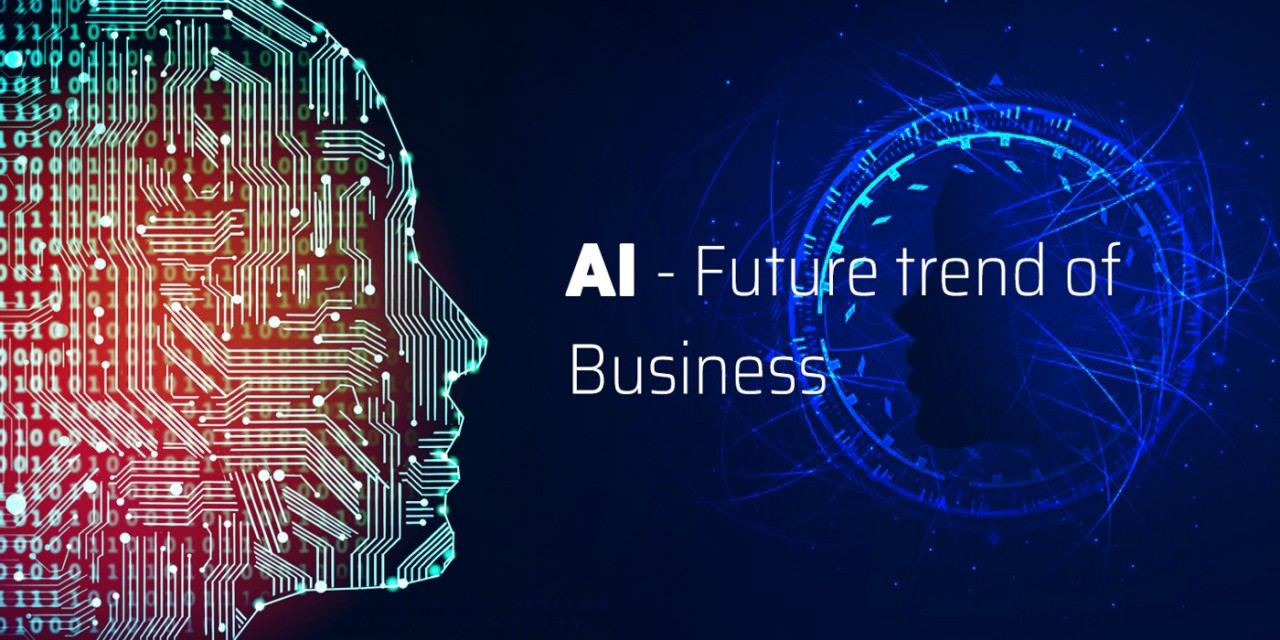In the modern digital age, Artificial Intelligence (AI) has become a game-changing tool, revolutionizing various aspects of business operations. From customer service to data analysis and decision-making, AI is reshaping the way businesses function.
This blog post explores how AI is streamlining business processes, contributing to operational efficiency and facilitating growth.
1. Enhancing Customer Service:
AI-powered chatbots and virtual assistants are redefining customer service by providing real-time assistance and resolving queries. These intelligent systems utilize natural language processing (NLP) to understand and respond to customer inquiries, improving response times and reducing the workload on human support teams. AI-enabled sentiment analysis helps businesses gauge customer satisfaction levels and identify areas for improvement, ultimately enhancing the overall customer experience.
2. Data Analysis and Insights:
The ever-increasing volume of data generated daily by businesses can be overwhelming. AI algorithms are capable of analyzing vast amounts of data at unprecedented speeds, ensuring businesses can obtain actionable insights in real-time. Machine learning algorithms can identify patterns, detect anomalies, and predict future trends, enabling data-driven decision-making. With AI, businesses can make more accurate forecasts, anticipate customer behavior, and optimize processes for improved efficiency.
3. Automating Repetitive Tasks:
AI can streamline business processes by automating repetitive and time-consuming tasks. Robotic process automation (RPA) employs AI to mimic human actions, streamlining workflows and reducing errors. By automating routine tasks such as data entry, invoice processing, and report generation, businesses can free up their human workforce to focus on more strategic and value-added activities. AI-powered automation not only increases efficiency but also ensures consistency and reliability in business processes.
4. Advanced Analytics and Decision-making:
AI equips businesses with advanced analytics capabilities, supporting decision-making processes across different areas. AI-powered algorithms can generate insights from complex datasets, enabling businesses to identify market trends, consumer preferences, and potential risks. By harnessing AI-driven predictive analytics, organizations can make data-driven decisions, mitigating risks, identifying opportunities, and optimizing strategies for improved outcomes.
Conclusion:
Artificial Intelligence is revolutionizing the way businesses operate by streamlining processes and driving growth. Companies can gain a competitive edge in the dynamic marketplace by leveraging AI in customer service, data analysis, and decision-making. AI-powered chatbots enhance customer experiences, while advanced analytics provide actionable insights for informed decision-making. Furthermore, automation of repetitive tasks reduces operational costs and improves efficiency. As AI continues to evolve, businesses must embrace this technology to unlock its full potential and maximize success in streamlining and optimizing their processes.
